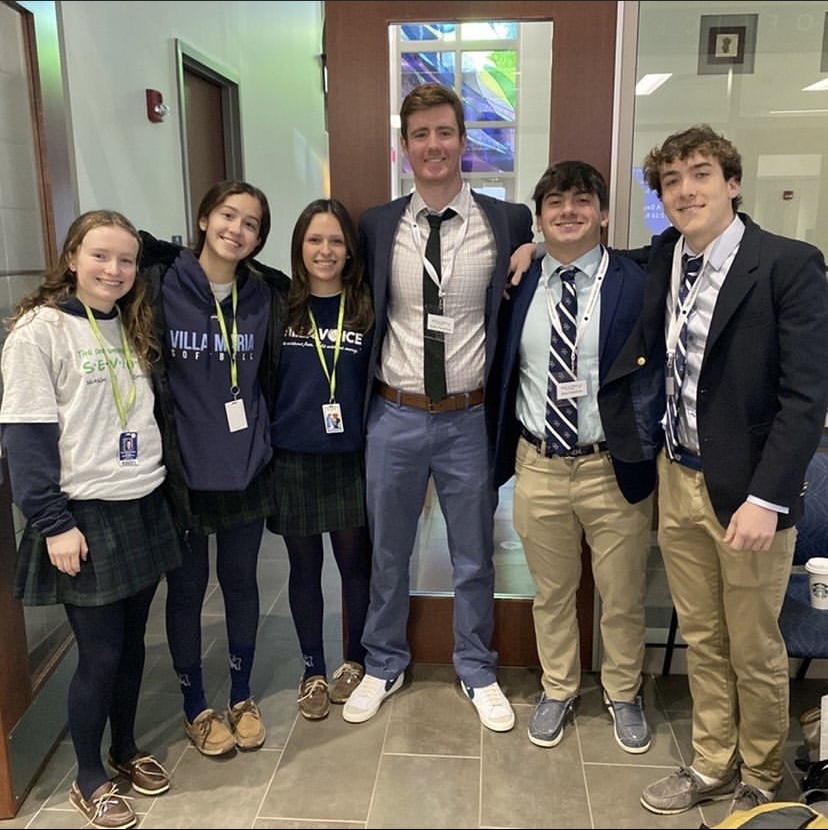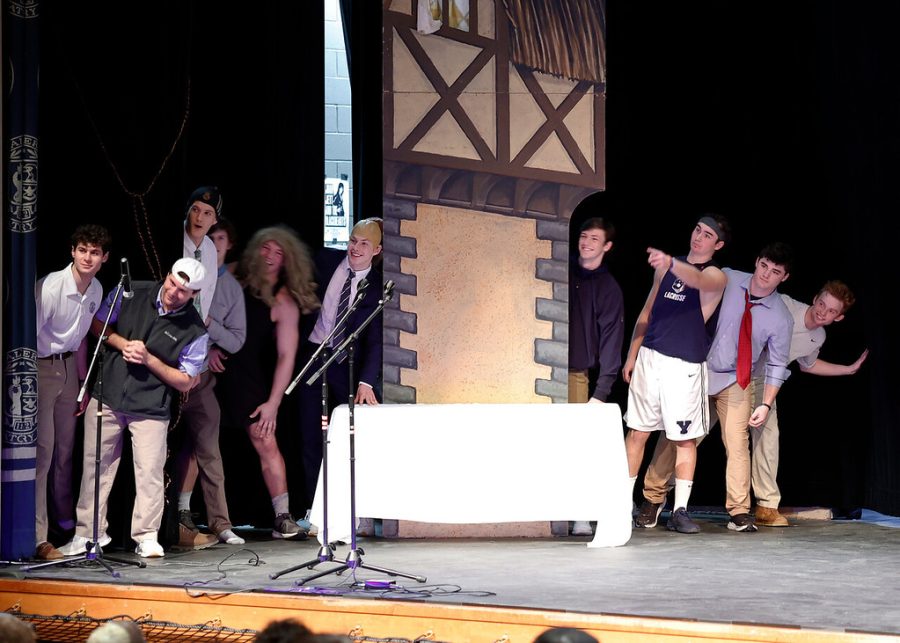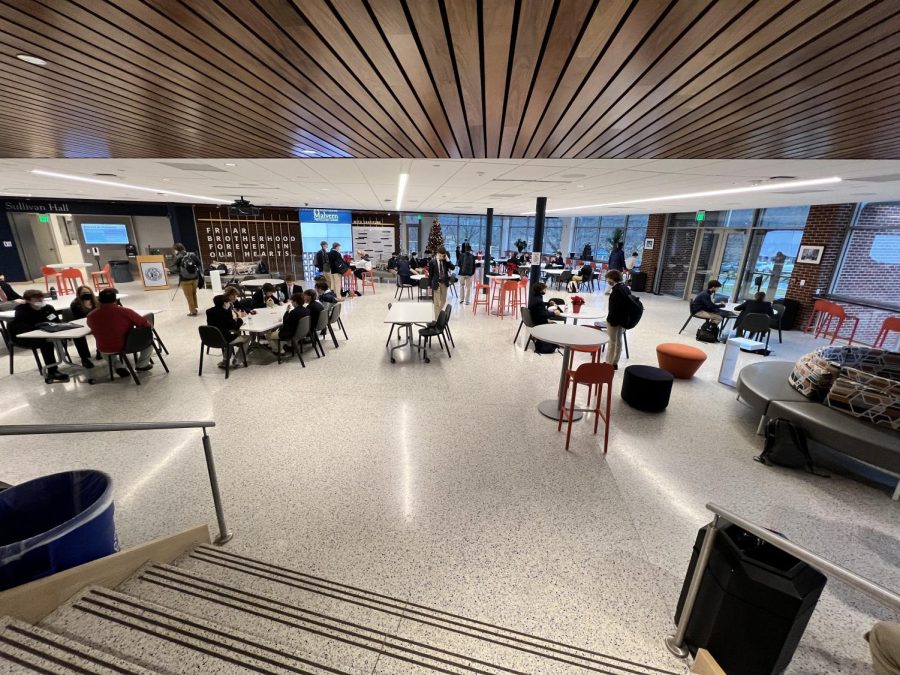An argument for broader support of student initiative
Despite Malvern’s extreme eagerness for and promotion of Experiential Learning, the school will not financially assist students attempting to learn this way when the programs do not have a specific tie to Malvern.
Students who wish to participate in externally sponsored ventures – such as summer programs, study abroad ventures, or external classes – are currently on their own to finance their projects. Even if your school counselor highly recommends that you go participate in a experiential learning program, Malvern refuses to put in the money to assist students.
A new four-week entrepreneurship and leadership program that was previously hosted by the Pennsylvania’s governor school has invited me to participate in the program. Only 76 students worldwide participate in the program (24 students from outside of the US.) Throughout the camp, participants are required to work with local businesses in resolving real problems they face. As part of a final project, it is necessary to do a final leadership project. Examples given by the camp for this leadership project include: Starting your own business venture or working with a partner, developing a service project or activity, founding a club or interest groups that has a specific goal and meets on a regular basis, or organizing a fundraising campaign for a worthy cause.
If this program does not qualify as experiential learning, then we might have to consider the definition the new Director of Experiential Learning gave.
The main question is why. Why does Malvern choose the experiential learning opportunities they do? Why not financially support students going elsewhere to learn experientially?
First, lets look at the benefits to financially supporting students to go to some of the prestigious experiential learning opportunities that Malvern does not sponsor. One benefit is that it allows for more students to participate in these experiences. Roughly 29% of Malvern receives financial aid and Malvern says that this money is being used wisely for the best academic students we can find; however, by receiving this financial aid to solely cover academics, many experiential learning programs may be fiscally inaccessible to these gifted students. I’d like to pose the question: what’s in it for Malvern to financially academically gifted students in experiential learning opportunities that may not be at 418 South Warren Ave?
The number one reason Malvern should step up is because of Veritas, just as stated in the mission of Malvern, “Malvern is dedicated to the pursuit of Truth through academic excellence and the growth of each of its students, so that he is prepared fully for college.” What is preparing and growing our students more than interacting with the real-world through experience, no matter who certifies it? Mr. Talbot believes that Experiential Learning is an equal third of the “triangle offense” with grades and co-curriculars. Then, why should Malvern not be supporting good genuine growth of our students in externally sponsored ventures as much fiscal support as possible?
Funding allows more of those 29% of students, as well as those who may not even receive aid, to spread Malvern’s name. Students going to more summer programs and internships spreads the reputation of Malvern in a fantastic way. It could be even more effective than the current methods they have in place to market the school. If we give more students the ability to do these activities then we spread the word of Malvern in the workforce that all students will land in eventually. Suddenly, it changes the reputation of Malvern from a wealthy Main Line private school to a school dedicated to preparing students for the real-world.
Funding for experiential learning could also help bolster the college application of the proactive Malvern students. In the world we live in, every Malvern student can benefit in the college application process from an experiential learning program. Why not help the most students get this benefit for their application? I mean after all is this not ensuring that “the Malvern student is prepared fully for college?”
I have no contention with the fact that experiential learning is a monumental benefit to students. The contention lays within why Malvern is not doing everything they can to support and get more students involved in these experiential learning opportunities. They can do this by providing financial backing to the students with a thirst to get their feet wet in an experiential learning concept. If students knew that they had the financial support of Malvern it would open many doors to them to go out and try the concept. Certainly Malvern wants this otherwise they would not be giving up the first floor of the Visitor’s Center for the cause.
Is it Malvern’s responsibility to provide a means for students to take classes we do not offer elsewhere, or to sponsor external learning options? In a period of such rapid growth and change at the school, this would seem to allow more students to participate in experiential learning quickly. Right now, students do not know what experiential learning opportunities will be available when they come. Only 55 students have participated in these programs far. With smart and careful allocation of a budget, Malvern could strategically expand experiential programs quickly through external options.
So, Malvern, how about we try and make some room in the budget to really go all in to this idea and give the most students possible the ability to participate in the movement?






